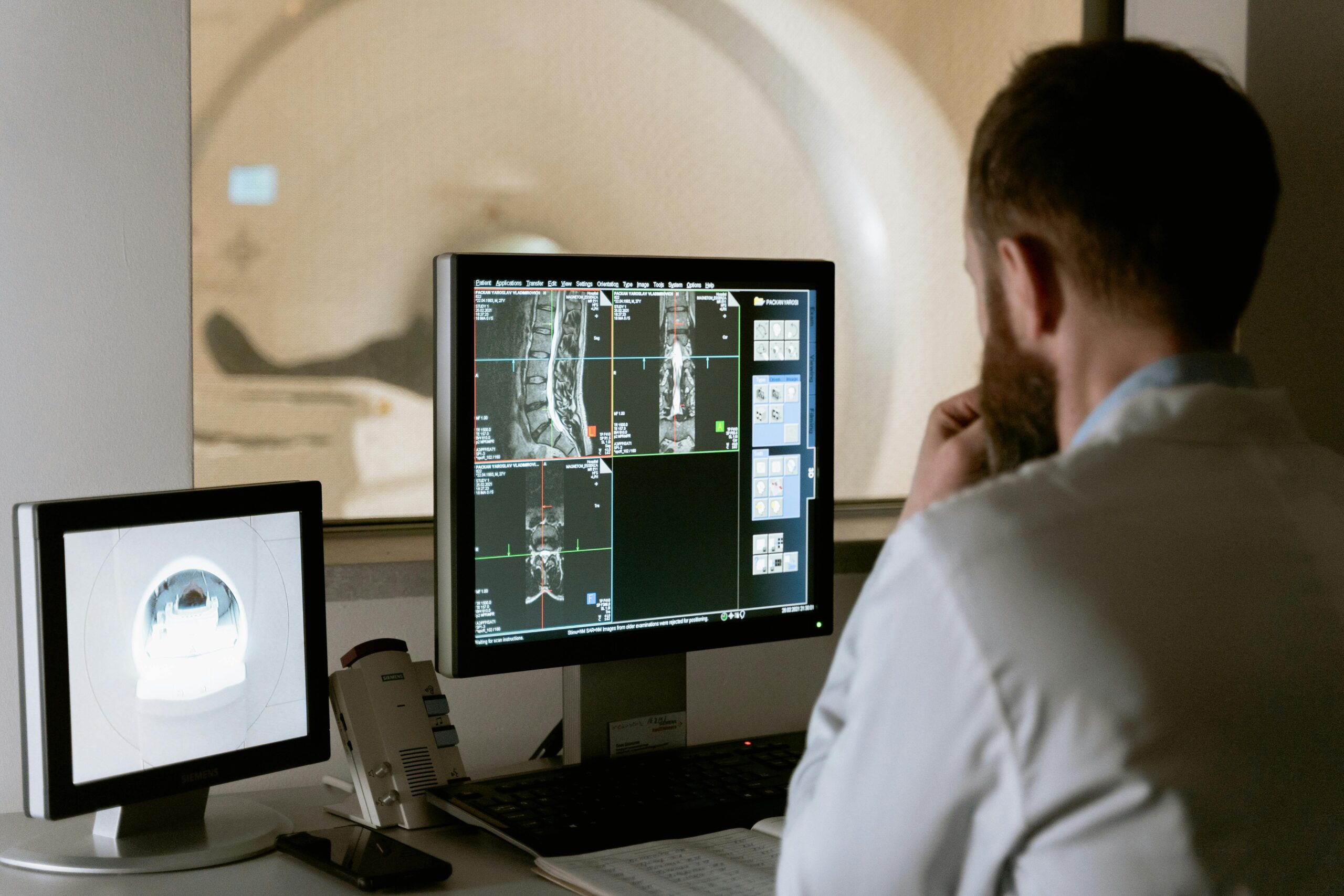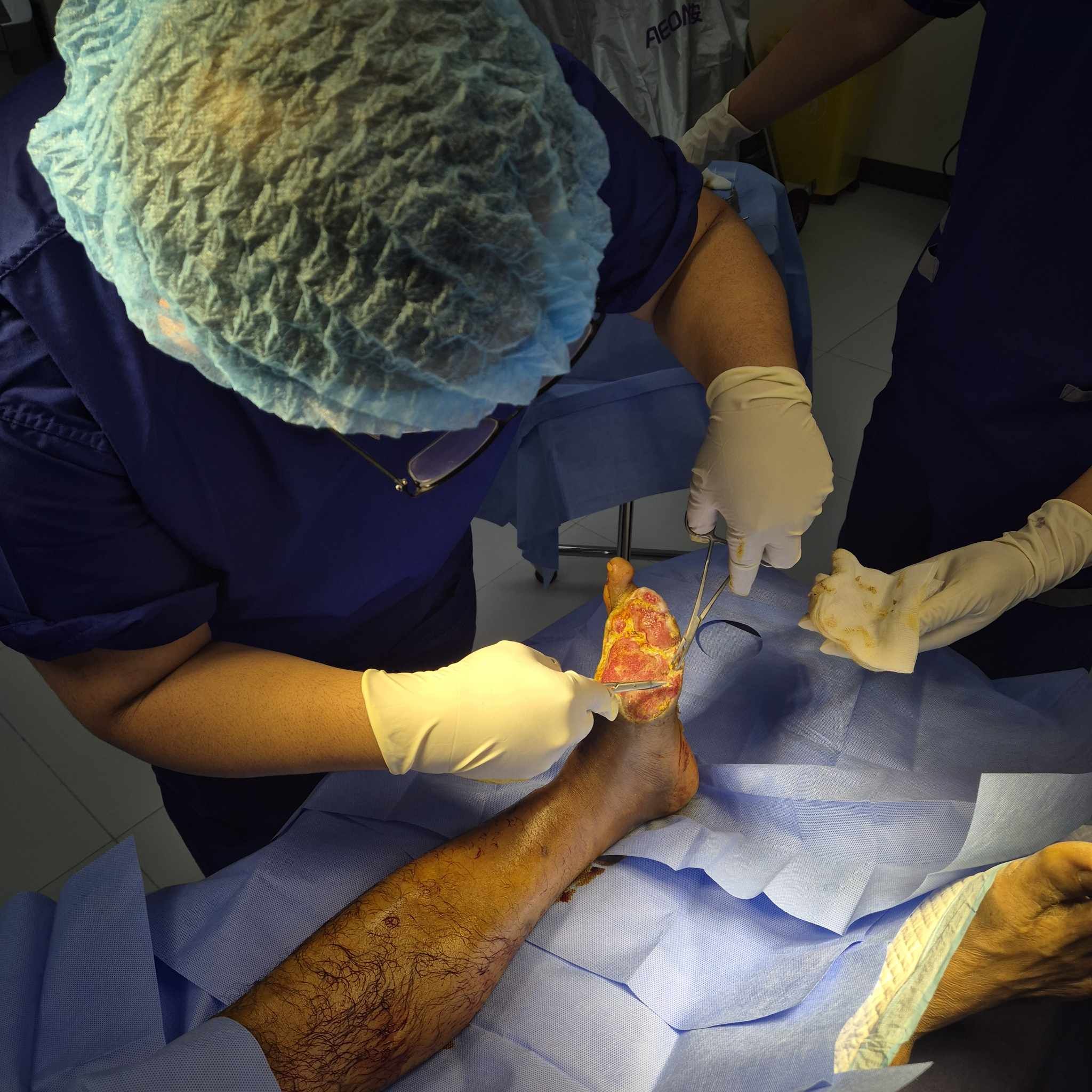In the realm of healthcare, prevention is often considered the best medicine. By proactively monitoring our health through regular screenings, we can detect potential issues early on, leading to better treatment outcomes and improved overall well-being. In this article, we delve into the significance of regular health screenings as a vital component of preventive care.
What are Health Screenings?
Health screenings encompass a variety of tests and examinations designed to assess our current health status and identify any potential risks or abnormalities. These screenings may include blood tests, imaging tests such as X-rays or MRIs, and physical exams conducted by healthcare professionals. Their primary purpose is to catch health problems before they manifest symptoms, allowing for timely intervention and management.
Key Benefits of Regular Health Screenings
One of the primary benefits of regular health screenings is early detection. By identifying health issues in their nascent stages, individuals have a better chance of receiving effective treatment and preventing complications down the line. Moreover, screenings enable individuals to manage risk factors and adopt preventive measures, ultimately reducing the likelihood of developing serious health conditions.
Common Health Screenings and Their Importance
Several screenings are recommended at different stages of life to detect various health conditions. For instance, cholesterol tests help assess cardiovascular health, while mammograms are crucial for detecting breast cancer in women. Similarly, colonoscopies are essential for colorectal cancer screening. Each of these screenings plays a pivotal role in preventing and managing prevalent health issues.
Overcoming Barriers to Health Screenings
Despite the evident benefits of regular health screening, many individuals face barriers that deter them from seeking preventive care. These barriers may include financial constraints, lack of awareness, fear, or simply not prioritizing health screenings amidst busy schedules. Overcoming these barriers requires concerted efforts, including education, outreach programs, and making healthcare services more accessible.
The Role of Healthcare Providers
Healthcare providers play a crucial role in promoting regular health screenings among their patients. By offering personalized recommendations, educating patients about the importance of preventive care, and providing convenient access to screening services, healthcare professionals can empower individuals to take charge of their health and well-being.
Takeaway
Regular health screenings are an indispensable aspect of preventive healthcare, offering numerous benefits such as early detection, risk reduction, and improved treatment outcomes. By prioritizing preventive care and undergoing regular screenings, individuals can safeguard their health and enjoy a higher quality of life. Let’s take proactive steps towards better health by scheduling our next health screening today.










